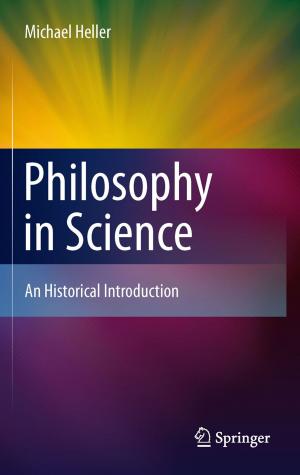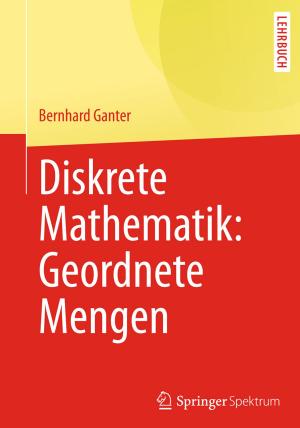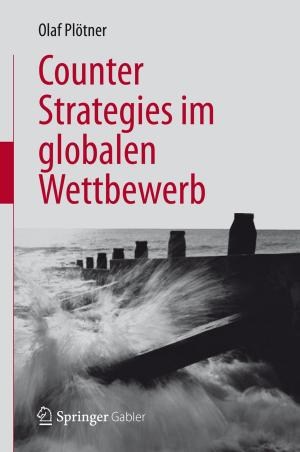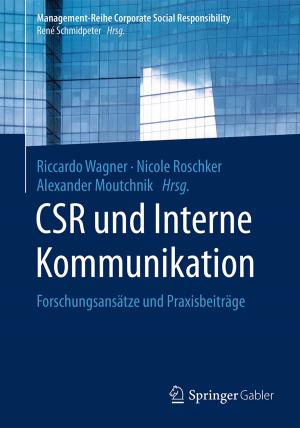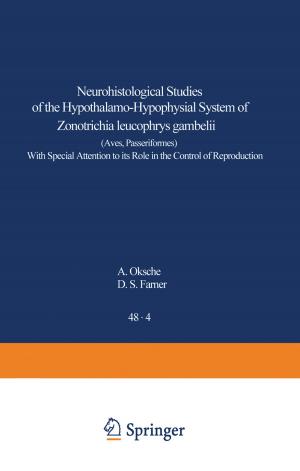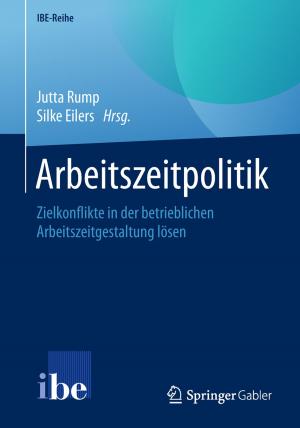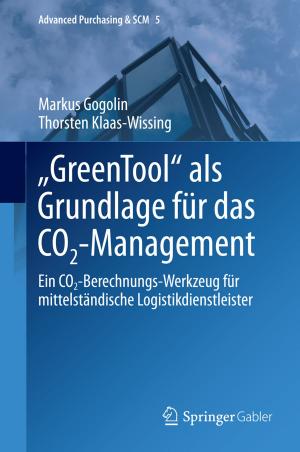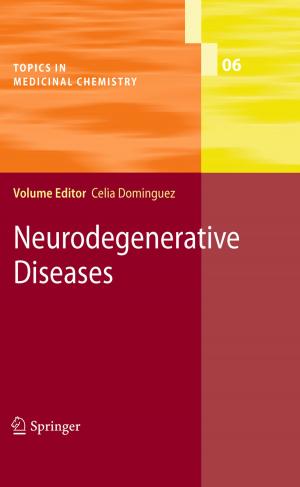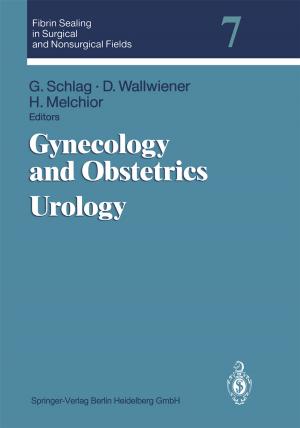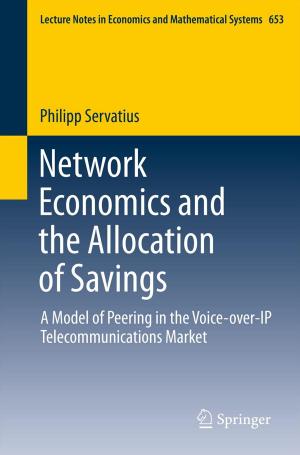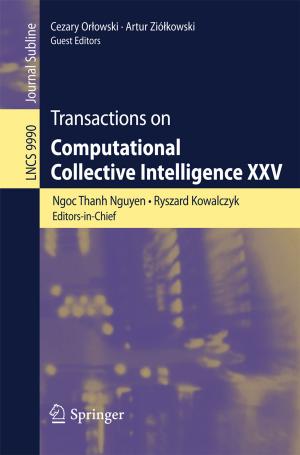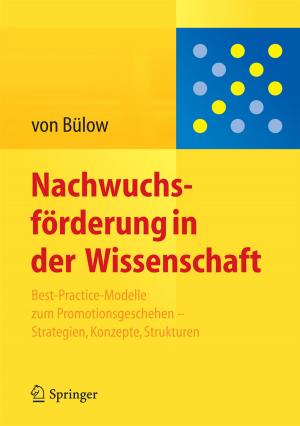Stem Cells from Cord Blood, in Utero Stem Cell Development and Transplantation-Inclusive Gene Therapy
Nonfiction, Health & Well Being, Medical, Specialties, Internal Medicine, Hematology, Gynecology & Obstetrics| Author: | ISBN: | 9783662044698 | |
| Publisher: | Springer Berlin Heidelberg | Publication: | March 9, 2013 |
| Imprint: | Springer | Language: | English |
| Author: | |
| ISBN: | 9783662044698 |
| Publisher: | Springer Berlin Heidelberg |
| Publication: | March 9, 2013 |
| Imprint: | Springer |
| Language: | English |
The title "Stem Cells from Cord Blood, In Utero Stem Cell Develop ment, and Transplantation-Inclusive Gene Therapy" suggests that more than one topic is combined in one workshop. Indeed, at first glance the recovery of stem cells from cord blood has to be seen as separate from the attempts to achieve effective in utero therapy by stem cell trans plantation, because the first issue deals with an innovative stem cell source as an alternative to bone marrow, which is already spreading rapidly in medical practice, whereas the second topic is still strictly ex perimental and only investigated in medical centers with the appropri ate background. It is, however, not only justified, but helpful to com bine the two topics in one workshop and consequently to cover them in the same volume of the Ernst Schering Research Foundation Work shop series, because they are intimately related and both based on the new insights into the biology of stem cells. Professor Werner Arber, the Nobel Laureate from the University of Basel, pointed out in his In- Professor Dr. W. Holzgreve VI Preface The participants of the workshop troductory Lecture that our understanding of hematopoietic stem cells as descendents of totipotent cells and our current approaches to using them in post-and prenatal therapy have been furthered significantly by genetic engineering technologies which are "artificial contributions to the process of biologic evolution".
The title "Stem Cells from Cord Blood, In Utero Stem Cell Develop ment, and Transplantation-Inclusive Gene Therapy" suggests that more than one topic is combined in one workshop. Indeed, at first glance the recovery of stem cells from cord blood has to be seen as separate from the attempts to achieve effective in utero therapy by stem cell trans plantation, because the first issue deals with an innovative stem cell source as an alternative to bone marrow, which is already spreading rapidly in medical practice, whereas the second topic is still strictly ex perimental and only investigated in medical centers with the appropri ate background. It is, however, not only justified, but helpful to com bine the two topics in one workshop and consequently to cover them in the same volume of the Ernst Schering Research Foundation Work shop series, because they are intimately related and both based on the new insights into the biology of stem cells. Professor Werner Arber, the Nobel Laureate from the University of Basel, pointed out in his In- Professor Dr. W. Holzgreve VI Preface The participants of the workshop troductory Lecture that our understanding of hematopoietic stem cells as descendents of totipotent cells and our current approaches to using them in post-and prenatal therapy have been furthered significantly by genetic engineering technologies which are "artificial contributions to the process of biologic evolution".


